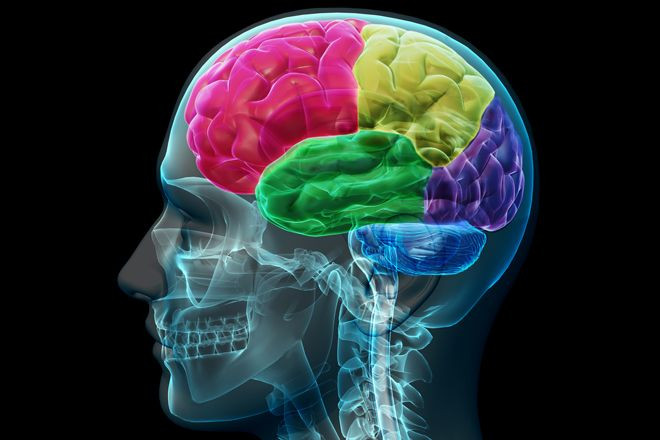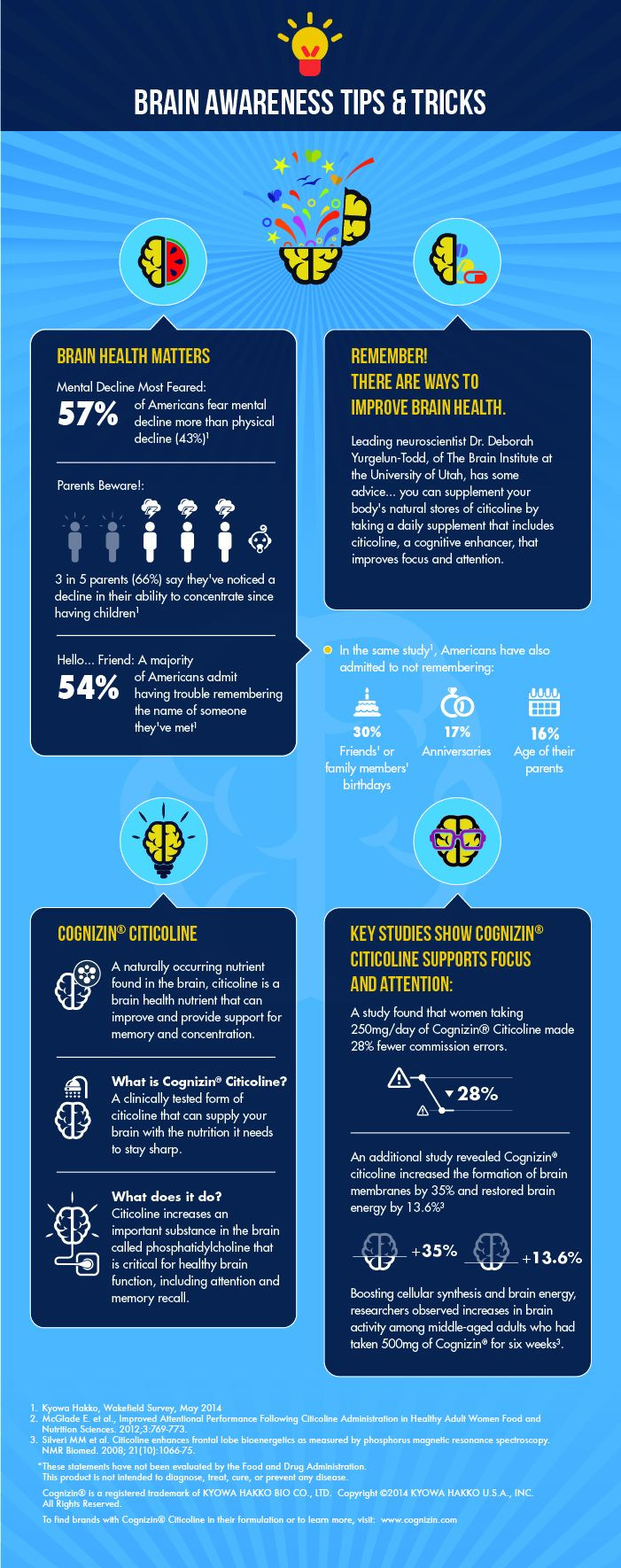Brain Awareness Week 2015: How Brain Research Has Progressed, And Ways You Can Enhance Cognition

Twenty years ago, the Dana Alliance for Brain Initiatives launched Brain Awareness Week (BAW) — March 16 to 22 — in the U.S. to celebrate and increase the public’s awareness of the progress and benefits of brain research. What began as a partnership with 160 organizations stateside has now expanded to thousands of organizations and hundreds of countries across the globe. Why then, is a growing global campaign still unknown to so many, its reach not quite on par with, say, heart health and sleep?
“I think brain health is lagged behind,” neuroscientist Dr. Deborah Yurgelun-Todd, of The Brain Institute at the University of Utah, told Medical Daily. “Where other areas of health research have made advances, we haven’t had as many good solutions to problems. So it’s harder to know how to impact our brain’s integrity.”
Hard but not impossible, considering the “unbelievable advances” brain imaging tools have made in the last few decades. Neuroscientists are now able to study the naturally made nutrients that enhance the brain’s power (such as citicoline, which we talk more about later), as well as pharmacology and the overall ways physical health impacts brain health. This may account for the public shift Yurgelun-Todd has seen among what people consider major health problems.
“I think people are less worried of dying of a heart attack and more worried with living with dementia,” she said.
Dementia Fact Sheet
The World Health Organization classifies dementia as “a syndrome in which there is deterioration in memory, thinking, behavior, and the ability to perform everyday activities.” Worldwide, 47.5 million people have dementia and there are 7.7 million new cases each year. Despite the number of cases among older adults, it’s not a normal part of aging.
Alzheimer’s disease is the most common form of dementia, and WHO estimates it's the cause of 60 to 70 percent of dementia cases. There are, however, a variety of diseases that might cause the disease, including stroke. There’s currently no cure and “research identifying modifiable risk factors is scarce,” but prevention focuses on lowering risk factors for vascular diseases, such as diabetes, obesity, smoking, and physical inactivity.
Another way to preserve cognition is to enhance the body’s natural stores of citicoline, "a water-soluble compound that supplies precursors for the synthesis of phospholipids, including phosphatidyl-choline, a major constituent of brain tissue." Referred to by scientists as “the brain nutrient,” Yurgelun-Todd has studied the ways citicoline works to enhance the brain — most prominently in early development and later in life after cell loss — over the last 15 years.
“It’s pretty logical that nutrition would be a critical thing to examine,” she said. “The mechanism for [citicoline] is it increases two key neurotransmitters, which is what brain cells use to talk to each other: dopamine and norepinephrine.”
These two neurotransmitters play a vital role when it comes to cognition and mood. In fact, a study published in the journal Methods and Finding in Experimental and Clinical Pharmacology found citicoline improved memory deficits among older adults. Yurgelun-Todd herself conducted a similar study and found Cognizin citicoline — a branded form of citicoline developed by international manufacturer Kyowa Hakko — improved cognitive scores on attention and performance in adult women between the ages of 40 and 60; the findings were published in Food and Nutrition Sciences.
“The body naturally stores other enhancing nutrients, but citicoline is key,” Yurgelun-Todd said. “It has a much stronger impact.”
What Todd was surprised to see was how quickly citicoline impacted the brain; there were benefits after just four weeks of supplementation. And patients self-reported benefits that the scientists weren’t looking for. Some reported reduced cravings for food and cigarattes, while others reported improved skin care. These anecdotes have now provided groundwork for future research, namely those tied to reward circuitry, or the brain’s reward center.
Food cravings and substance abuse target the brain’s reward system, and Yurgelun-Todd is especially interested in exploring substance abuse. There are currently trials involving meth users who are taking Cognizin citicoline, and so far, they’re showing improvements. Previously, this supplement was limited to patients suffering from severe neurological disorders, such as post-stroke, traumatic brain injury, and Parkinson’s disease. But as Yurgelun-Todd is learning, Cognizin citicoline doubles as preventive treatment.
“No one was thinking how to use this in healthy individuals,” she said. “People don’t think about prevention in their 20s and 30s. I know I was more worried about toning my body in my 20s.”

How To Enhance Cognition
Cognizin citicoline is a pure form of citicoline, and it's marketed as such in order to differentiate from other, unsubtantiated citicoline supplements. Strictly using this supplement is partly how Yurgelun-Todd assures her collaborators she isn’t “going over to the dark side.” The dark side being the shady, dishonest labeling system behind many popular supplements.
“You have to look at whether the product is reliable and well-made,” she said. “Cognizin citicoline is provided to us by a good company.” Those interested in taking this branded supplement can search retailers here, or otherwise focus their own supplement research on scientific evidence that’s been published (as Yurgelun-Todd admitted to doing herself.)
Taking a supplement, however, isn’t the only step to take toward improved brain health. Eating well, getting regular exercise, and enough sleep are sort of the three pillars of a healthy brain. You'll notice it doesn't stray from the staple advice your parents gave you growing up. With respect to exercise, a flexible body translates to a flexible brain; nutrients flow better and are delivered to the brain easier when you move more.
Cognitive training, however, is not a surefire method for success. Like supplements, the claims attached to these apps (Lumosity being a popular one) are heavily debated. Yurgelun-Todd told us she's “optimistically cautious.”
“I do think there are some training tools that can be valuable for some populations,” she said. “It’s like the supplement world, too; many products aren’t substantiated, but that’s not to mean some aren’t worthwhile. What we know is doing anything by practicing over and over usually leads to improvement.”
This is known as the practice effect, the scientific phrase for “improvements in cognitive test performance due to repeated exposure to test materials.” Some research suggests these effects are sources of error, but a 2007 study found they may provide useful information for predicting cognitive outcome.
“When my dad was in assisted living, he downloaded and played games [designed] to improve brain health. There weren’t improvements, but he enjoyed the socialization and competition aspect of it,” Yurgelun-Todd said. “There’s lot to be said for engaging this way.”
Ultimately, Yurgelun-Todd is working to get across the fact that her research (and presumably those of other neuroscientists) is aimed at the healthy individual who wants to improve their personal best. Supplements and cognitive enhancers aren't exclusive to the neurologically impaired, either. This is a critical aspect of health people of all ages should consider in order to preserve their brain’s functionality over the course of their life.
“I’m hopeful [people] pay attention to this message the same way they do when it comes to daily vitamins and exercise,” Yurgelun-Todd concluded.
Published by Medicaldaily.com



























